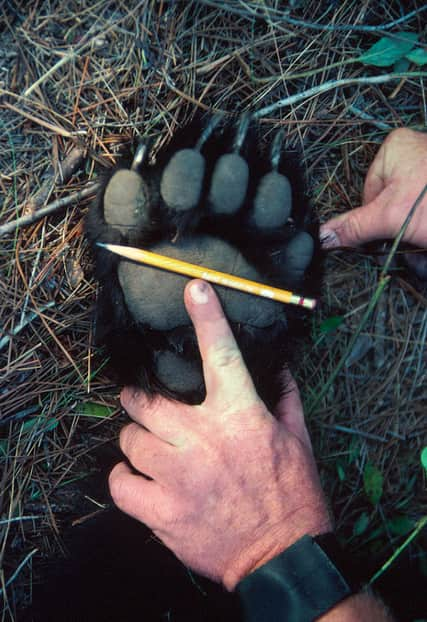New York Regulates Sale of Bear Parts in Effort to Prevent Poaching
OutdoorHub Reporters 04.25.12

The illegal trade and poaching of animal parts for medicine and food is closer to home than you think. For that reason, New York is doing something about it.
A new rule took effect this year in the state. It’s designed to stop the illegal sale of black bear parts that are in high demand in Asia for their medicinal purposes and as an ingredient in their cooking. The rule doesn’t eliminate foreign sale of black bear parts altogether, it simply requires that hunters document that the animal was legally taken and that all bear parts must be clearly labeled in order to be able to sell it.
New York was one of few states in the United States where such trade was unregulated. In an interview with NPR, Conservation Police Captain Lawrence DiDonato said wildlife biologists had no way of knowing how much illegal smuggling was going on because of the lack of oversight.
“We received 66 complaints since 2008 about poaching in general,” DiDonato said. “We have documented at least some cases where bears have been killed, and just paws and galls have been taken.”
DiDonato said wildlife officials worry that bears might also be poached in nearby states such as Vermont and Pennsylvania then transported back to New York for sale in Asian neighborhoods. Some parts have been known to be worth up to $1,000.
Some environmentalists in New York want the trade to be banned altogether. Conservationists counter the notion saying that black bear populations are stable in New York and across the country. Bud Piserchia, who runs North Country Taxidermy in Keene, N.Y. in the Adirondack Mountains, says the state of New York should want to utilize the entire bear. “They don’t want anything thrown away,” Piserchia said in an interview with NPR. “It’s a resource whether it’s the hide, the claws.”
Piserchia’s main business is taxidermy, mounting wild animal trophies, but every year he also collects as many as 150 tiny black bear gall bladders. The clients that come in to buy the parts are mostly Koreans from New York City.
“We have some people come in to buy 20 galls or more, and obviously they’re a dealer,” he says. “We also have Ma and Pa come up, and they’ll buy two galls. That’s obviously for their own consumption.”
Persons who are caught with undocumented paws or gall bladders can face fines up to $5,000.

